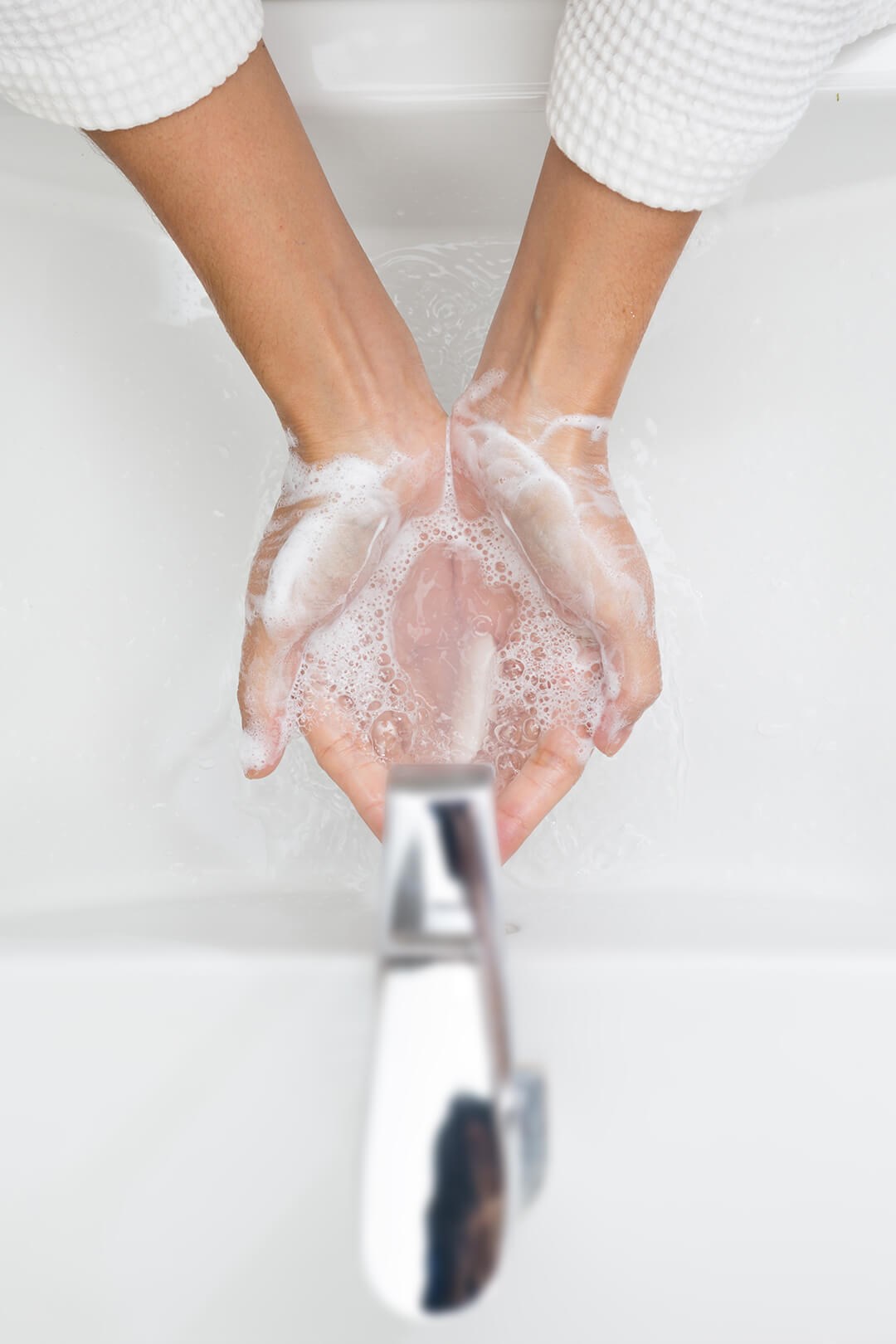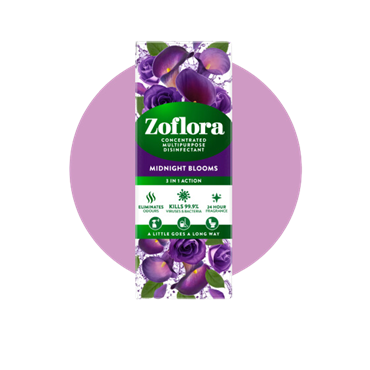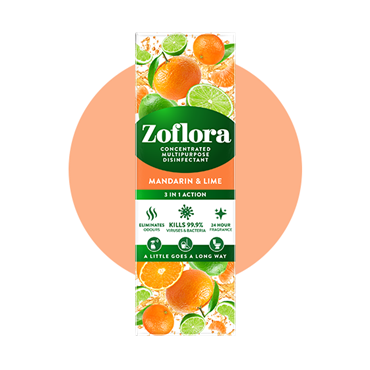Viruses
Common viruses
The common cold
Causes:
Commonly caused by an adenovirus, coronavirus or rhinovirus.

Influenza (flu)
Causes:
Influenza is the virus which causes seasonal flu.
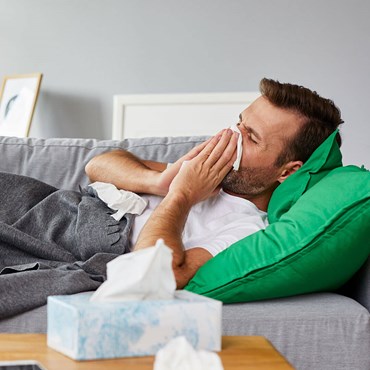
Gastroenteritis (stomach bug)
Causes:
Caused by viruses such as rotavirus and norovirus.

Chicken Pox
Causes:
Caused by the varicella-zoster virus, mostly affecting children.
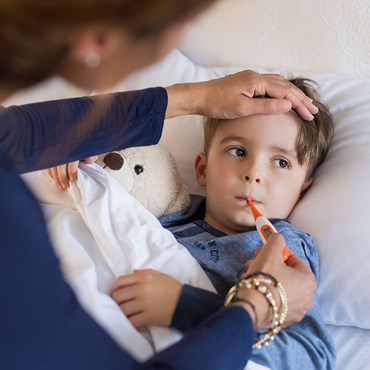
The time a virus can live outside of the body depends on a number of factors such as the type of virus, surface, moisture and temperature. Viruses tend to survive for longer on non-porous surfaces (such as worktops, tiles and plastic items) than on porous surfaces such as fabric and tissues. The ability to cause infection decreases the longer a virus is outside of the body.
There are a number of key battlegrounds in our homes where enemy germs, including bacteria and viruses, like to hide. You can keep these areas disinfected by having a spray bottle of Zoflora home disinfectant, diluted 1 in 40, on hand. Don’t forget: Door handles, light switches and tv remotes are all germ hot-spots. They are regularly touched throughout the day and often forgotten about when it comes to cleaning, despite some viruses being able to survive on the surface for up to 24 hours.
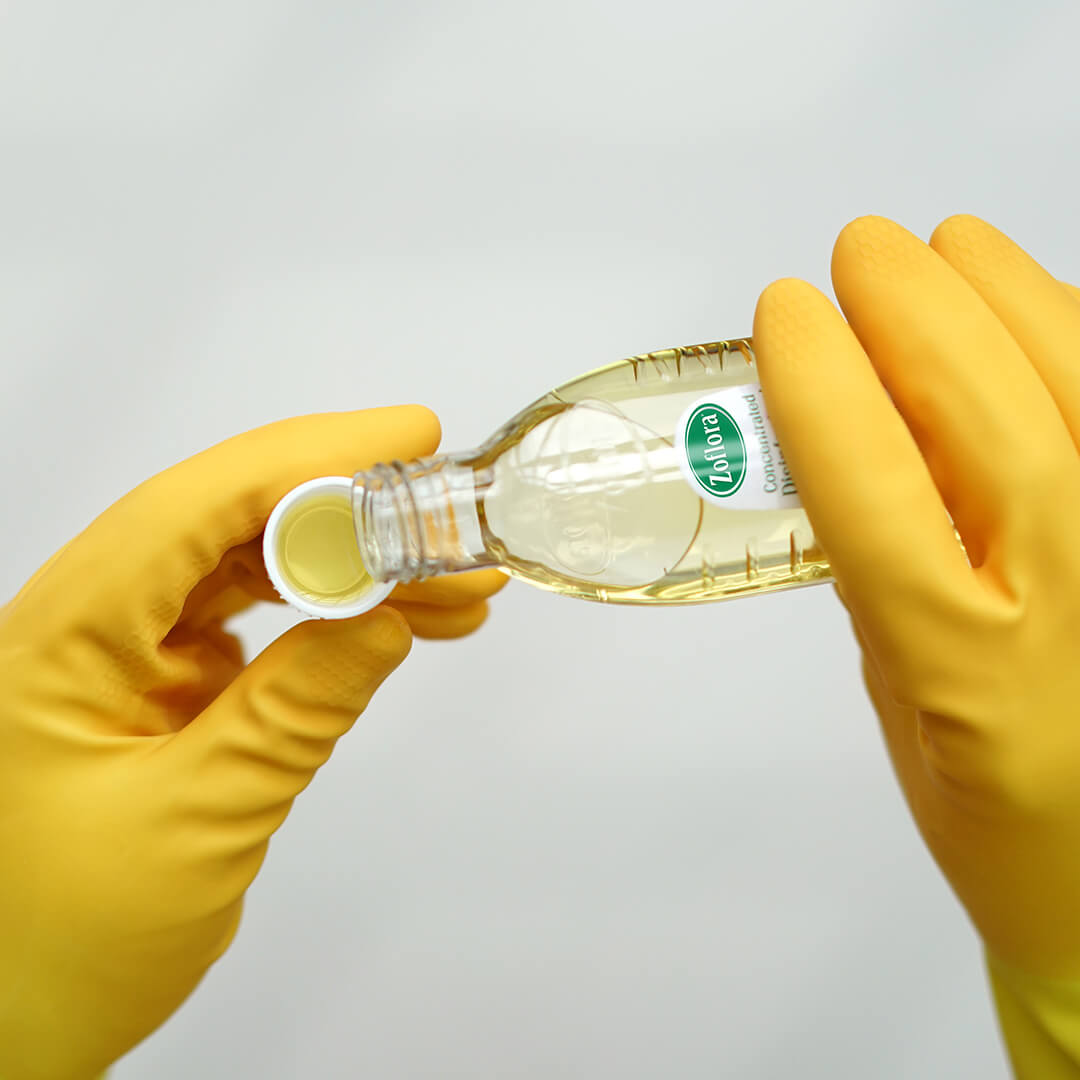
Protect your home with Zoflora
Springtime
Recreate the blossoming of spring flowers throughout your home with fresh herbs and citrus.
Summer Breeze
Let Summer Breeze blow through your home, with classic blooms of peony, freesia and rose.
Country Garden
Stroll through a garden of delicate roses, English wildflowers and sweet blossoms.
Mandarin & Lime
A fruity blend of zesty limes and juicy mandarin to energise your home.

